All about computer memory

Random access memory (RAM), also known just as memory, is like the device's short-term memory. Apps and files are loaded into RAM from slower disks so that they can be accessed faster. However, the contents of RAM are lost when the device is restarted or turned off. Disks, although they're slower, maintain their content when the device is restarted or turned off.
How does RAM affect speed and performance?
-
RAM is faster than disks at reading and writing information.
-
The more memory a device has, the more it can do at the same time without slowdowns in performance.
How much RAM do I need?
-
If you primarily browse the web, work on documents, or stream videos online, aim for at least 4 GB of memory.
-
8 GB of memory is recommended to keep your device running long term.
-
If you do photo and video editing or work on projects needing high performance, 16 GB or more of memory might be a good fit for your needs.










